TheGrio reflects on Lamar’s infamous guest verse on Big Sean’s “Control” and weighs whether or not he successfully “murdered” all the rappers he name-dropped in the song.
“What is competition? I’m tryna raise the bar high! Who tryna jump and get it?”
Many legendary MCs have that signature moment in time when they ascend from being one of the best of their time to one of the best of all time. For Kendrick Lamar, that moment came on Aug. 14, 2013, when he unleashed 62 bars of potent hip-hop venom that harkened back to the days of vicious verbal, academic one-upmanship.
It’s come to be known simply as “the ‘Control’ verse.”
Lamar used his time to separate himself from his peers. He called some of them out for being more concerned with social media status than perfecting their craft, declared himself King of New York and the West Coast, and name-dropped several rappers who he challenged to “raise the bar high” in music.
Many rappers, named or not, reacted in some way, shape, or form to Lamar’s verse. Some, like Pusha T and 50 Cent, took it as a good thing or a constructive challenge. Others, like Drake, didn’t take it so well, attempting to relegate it simply a viral moment.
But it was more than just a viral moment. It was a signal of what was to come from Lamar.
In August 2013, Big Sean prepped to drop his sophomore album, “Hall of Fame.” He had a song called “Control,” produced by No I.D., featuring Kendrick Lamar and Jay Electronica. With about two weeks before the album’s Aug. 27 release, he and No I.D. hadn’t been able to get sample clearance for the song. Sean had to remove the song from the final tracklist, but the song was too good to leave on the cutting room floor. He made a fateful decision to post the song on social media for free, as well as hand it off to Hot 97’s DJ Funkmaster Flex.
Falling less than a year removed from the release of his album “good kid, m.A.A.d. city,” and a few months before the LP garnered five Grammy nominations, Lamar’s verse was less of a declaration of war than it was an announcement of a coup. Lamar planted his flag in the rap game and laid claim to it like the colonization of a nation.
Lamar put himself at the same level as Notorious B.I.G., Nas, Eminem, and Outkast’s Andre 3000, and named 11 rappers, saying, “I got love for you all, but I’m trying to murder you n*ggas/Tryna make sure your core fans never heard of you n*ggas/They don’t wanna hear not one more noun or verb from you n*ggas.”
Today, Lamar is considered the best rapper alive after racking up platinum-certified albums, 17 Grammy Awards, a Pulitzer Prize, and the biggest-grossing tour by a headlining rapper in history. How did those rappers measure up to Lamar’s success and accolades in the decade since getting called out? Although it’s subjective to compare Lamar with other MCs rhyme-for-rhyme, theGrio examines the individual success of the 11 rappers measured against Lamar’s accolades.
J. Cole
Cole is considered one of the most skilled rappers of his generation. His third studio album, “2014 Forest Hills Drive,” is considered one of the best rap records of the decade. He runs Dreamville Records, featuring a roster of artists that includes Ari Lennox and J.I.D. However, the Grammy winner hasn’t been able to ascend to the levels of mainstream adoration that Lamar has, with albums like “For Your Eyez Only” and “K.O.D.” underperforming and getting mixed reviews.
Big K.R.I.T.
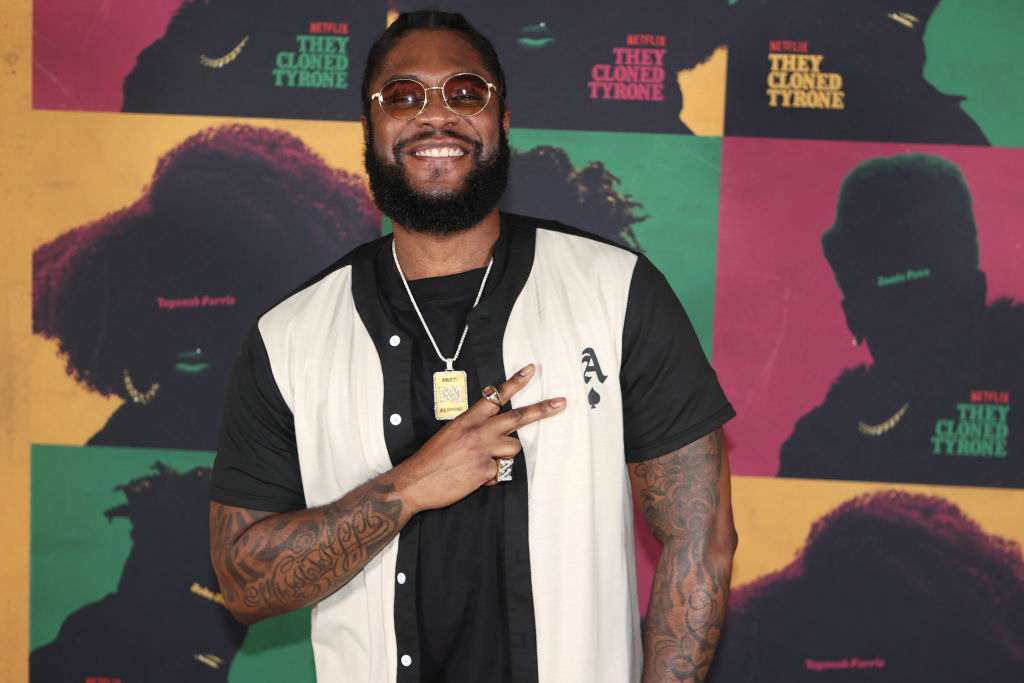
Big K.R.I.T., a talented MC and producer, has dropped some of the most soulful hip-hop records out of the South. He’s won three Grammys and has collaborated with the likes of Raphael Saadiq, Jill Scott, Lil Wayne, and Robert Glasper. Sadly, it hasn’t translated to mainstream acclaim. Although the first three of his five albums peaked in the top 10 of Billboard 200, he has no gold or platinum albums.
Wale
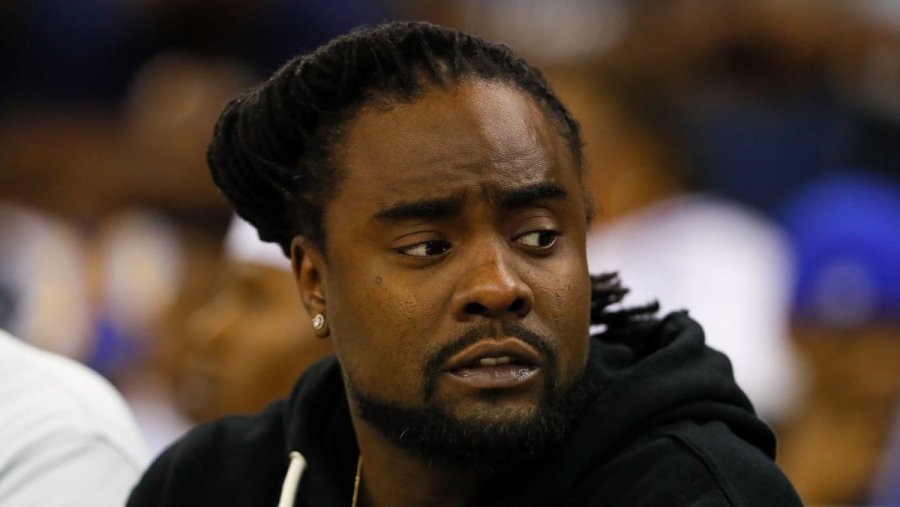
Wale was one of the most touted rappers from the DMV area. A few months before “Control,” he released his third album, “The Gifted,” with songs “LoveHate Thing” and “Bad,” helping it peak at No. 1 on the Billboard 200 with a gold certification. However, the momentum couldn’t be sustained, and only one of his four subsequent albums went gold.
Pusha T
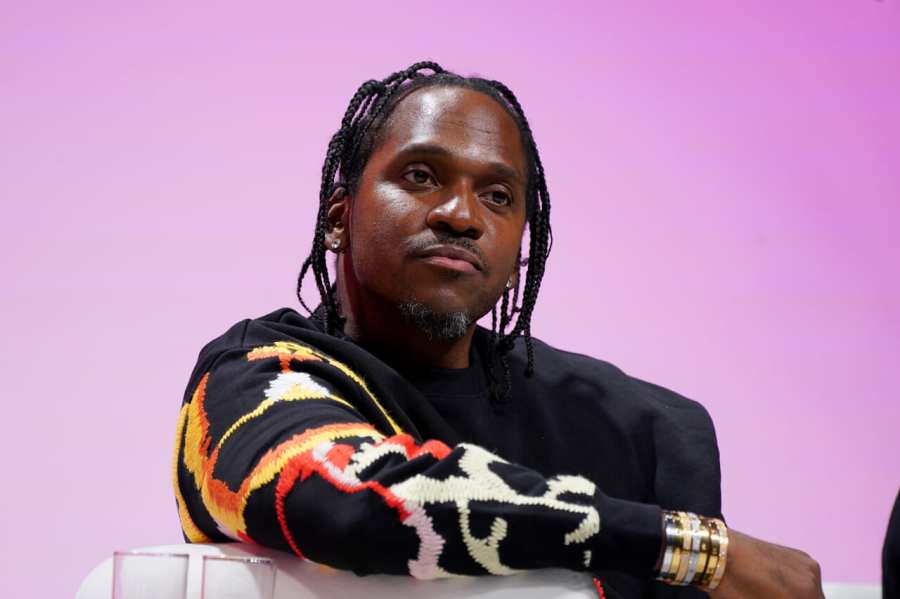
Pusha T’s respect as an MC has always surpassed his commercial success, which was at its highest as one half of the duo Clipse with brother Malice. His albums “My Name is My Name,” “Daytona,” and “It’s Almost Dry” have all been critical darlings. His public profile as a solo act increased when he engaged in rap beef with Drake.
Meek Mill
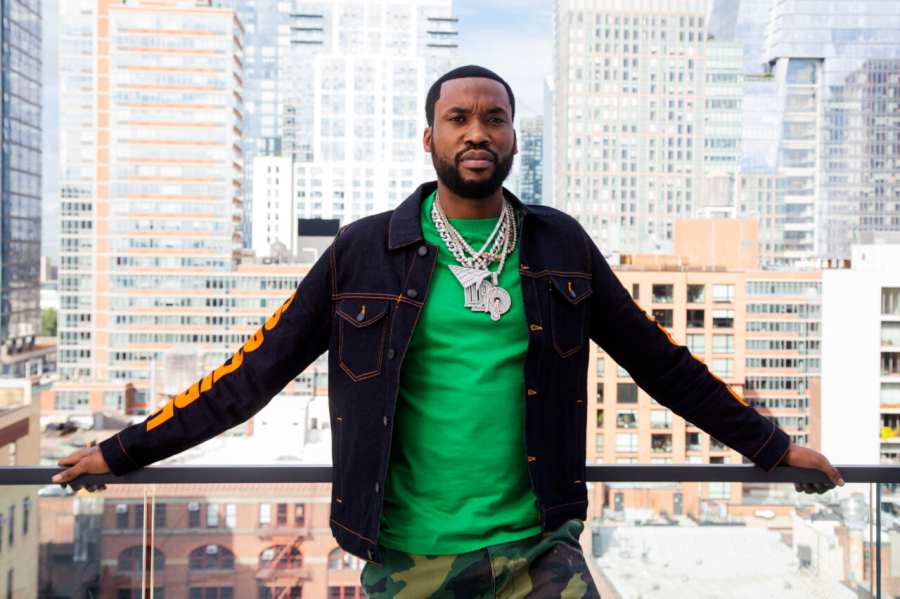
Meek Mill’s success got interrupted by legal issues. A probation violation landed the Philadelphia rapper back in prison, putting his career in jeopardy. After his release, he not only dropped a Grammy-nominated album in “Championships” (2018) but became an advocate for legal system reform. But his follow-up to “Championships,” 2021’s “Expensive Pain,” received more attention because of the album cover than the music itself.
A$AP Rocky
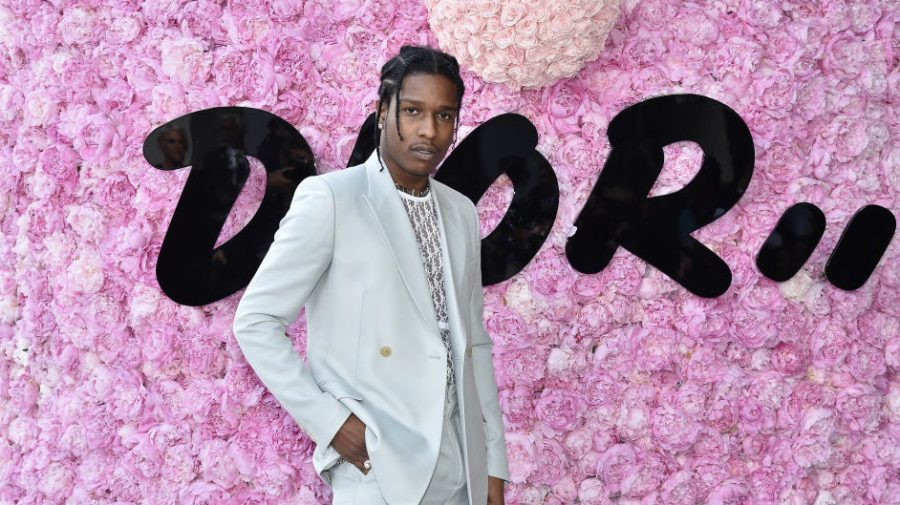
A$AP Rocky had the respect of the street and the radio thanks to his hits like 2013’s “F**king Problems.” In the years since, he’s been more experimental with his sound with mixed results. In 2015, “At. Long. Last. ASAP” reached No. 1 on the Billboard 200 and went platinum, but its follow-up, “Testing,” only reached gold certification. Today, Rocky’s more concentrated on fashion and his growing family with singer Rihanna.
Drake
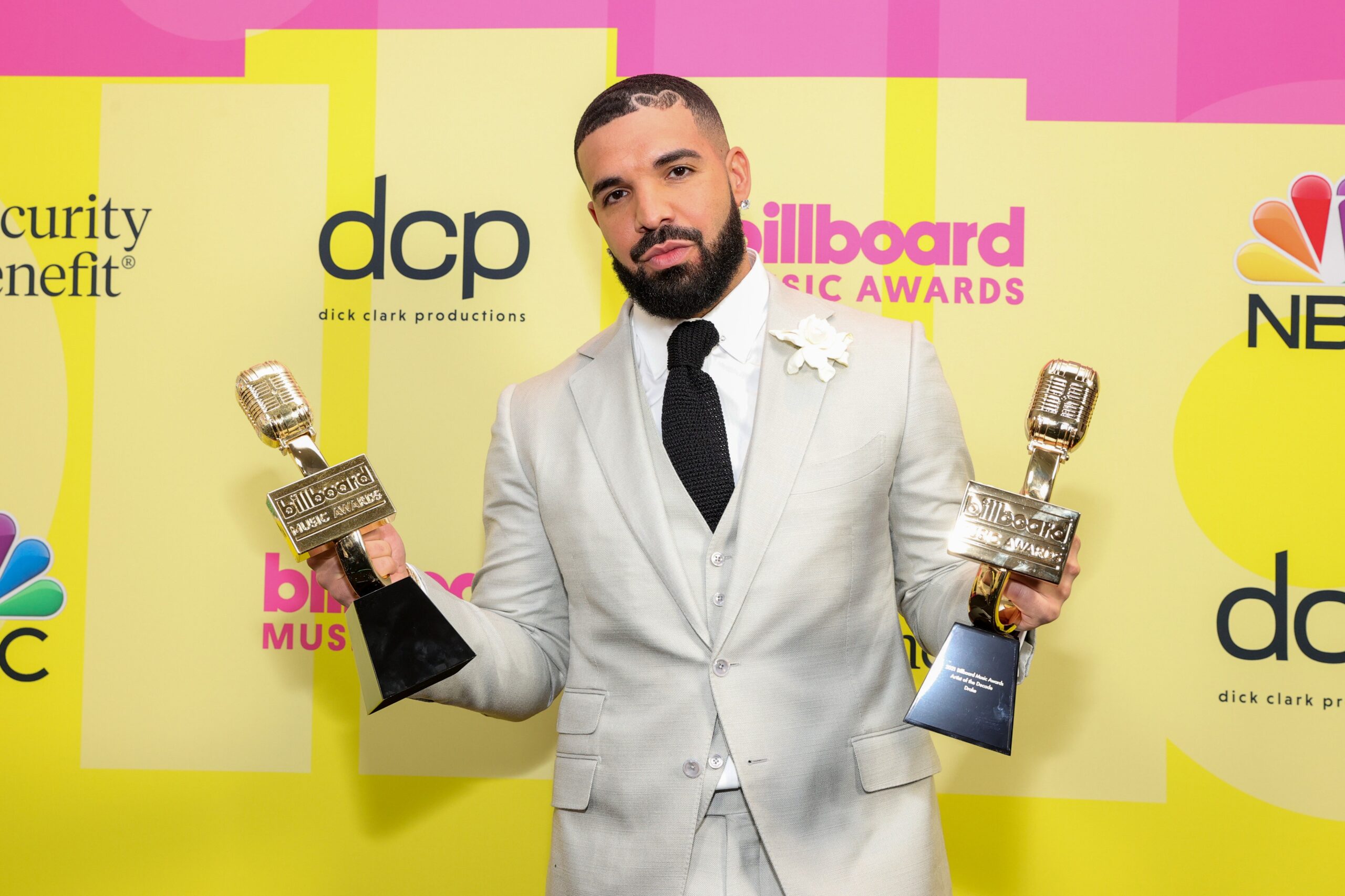
Drake is perhaps the only rapper to surpass Lamar in terms of commercial success. The five-time Grammy winner has reached the top 10 of the Billboard Hot 100 charts a record 68 times as either lead or a featured artist. He’s also the rapper who had the most hair-trigger reaction to Lamar’s verse. In a 2013 interview with “Rap Radar” host Elliott Wilson, he said that Lamar’s verse didn’t have replay value, saying, “It was real cool for, like, a couple weeks.” He also said he “lost respect” for the verse because Lamar treated all the rappers he named cordially afterward.
Big Sean
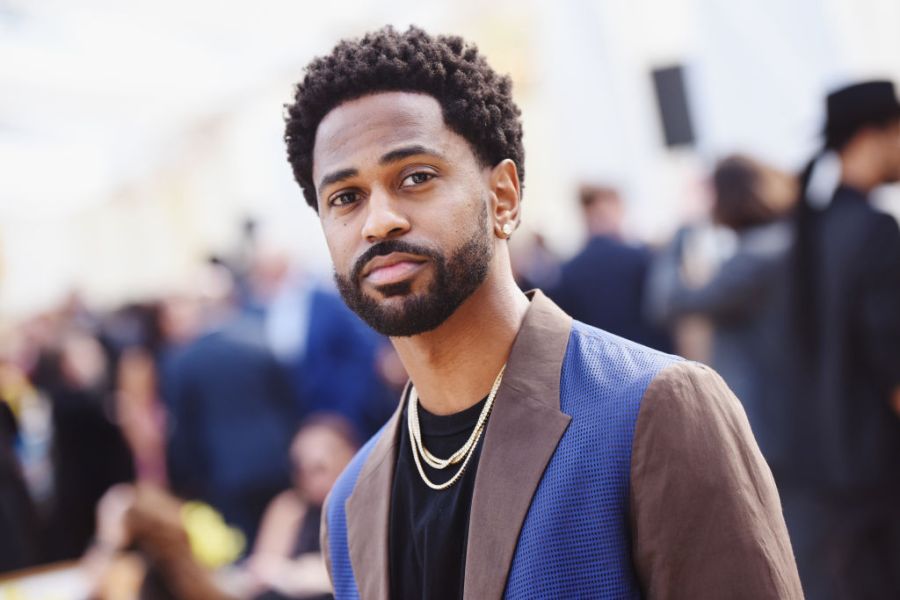
In basketball terms, Big Sean would be considered streaky, meaning his success is hot and cold. “Control” dwarfed the performance of any single on “Hall of Fame,” which only went gold, following the platinum success of its predecessor, “Finally Famous.” While his next two albums went platinum, his latest, “Detroit 2,” is only gold so far, and each album released has mixed reviews.
Jay Electronica
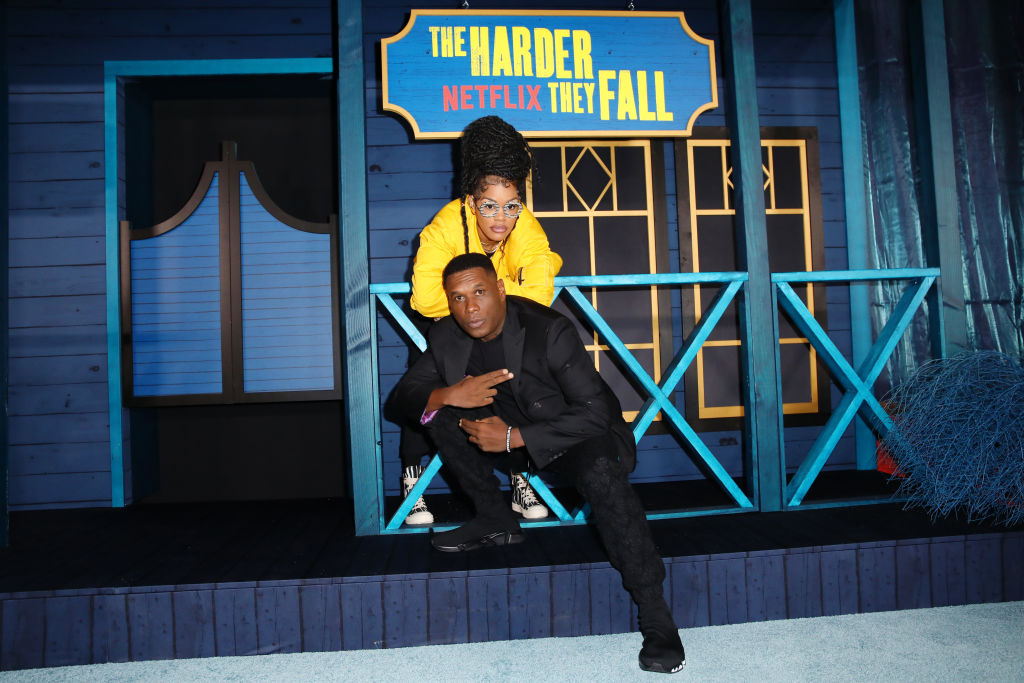
Jay Electronica arguably suffered the most from Lamar’s verse. The commotion distracted people from the fact that Jay’s closing verse on “Control” is among the most potent, creative ones to drop that year. Fans were chomping at the bit for his solo debut album, “Act II: The Patents of Nobility (The Turn),” after he dropped the tracklist the year before, but it never came. His first proper album, 2020’s “A Written Testimony,” was more or less a duet album with Jay-Z, and “Act II” was unceremoniously leaked online later that year, making him one of the biggest what-if stories in hip-hop history.
Tyler, the Creator
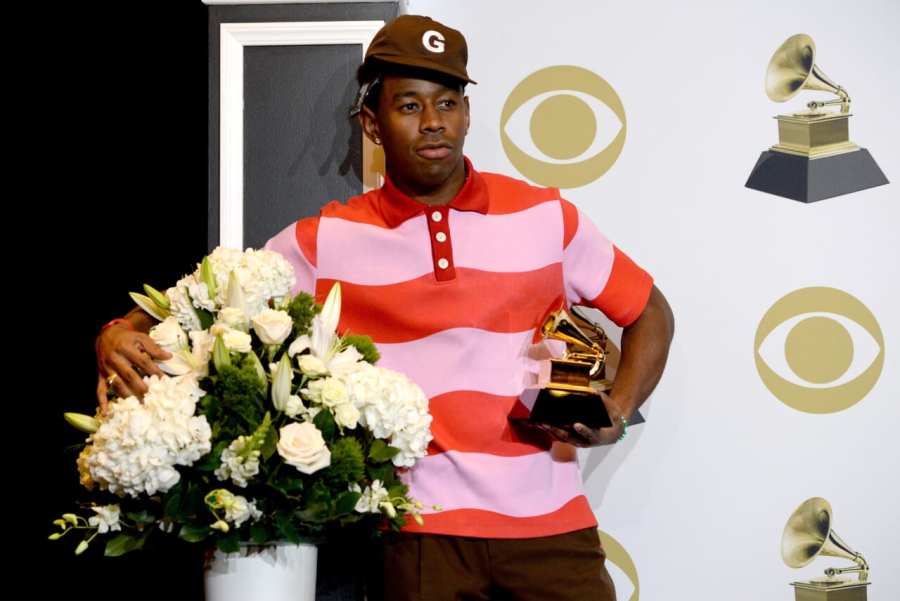
Tyler, the Creator is one of the few rappers Lamar mentioned that ascended to his level in terms of public and critical success. All three of the albums he’s dropped since 2013 have seen the Odd Future Svengali sharpen his artistry, resulting in platinum certifications for each album and critical acclaim with two Grammy wins. But with each passing release, Tyler’s rap skills are being overshadowed by his production, arranging, and songwriting acumen.
Mac Miller

Mac Miller seemed on a great trajectory to success after 2013. Four of his studio albums peaked in the top five on the Billboard 200 chart. Like Tyler, he gained more attention for his production and musicianship than his spit game. Sadly, in 2018, Miller died of an accidental overdose at age 26, weeks after the release of his most complete body of work yet, the double platinum “Swimming.”

Matthew Allen is an entertainment writer of music and culture for theGrio. He is an award-winning music journalist, TV producer and director based in Brooklyn, NY. He’s interviewed the likes of Quincy Jones, Jill Scott, Smokey Robinson and more for publications such as Ebony, Jet, The Root, Village Voice, Wax Poetics, Revive Music, Okayplayer, and Soulhead. His video work can be seen on PBS/All Arts, Brooklyn Free Speech TV and BRIC TV.
TheGrio is FREE on your TV via Apple TV, Amazon Fire, Roku and Android TV. Also, please download theGrio mobile apps today!
The post The ‘Control’ verse: 10 years since Kendrick Lamar ‘put the rap game in a crutch’ appeared first on TheGrio.



New Comments